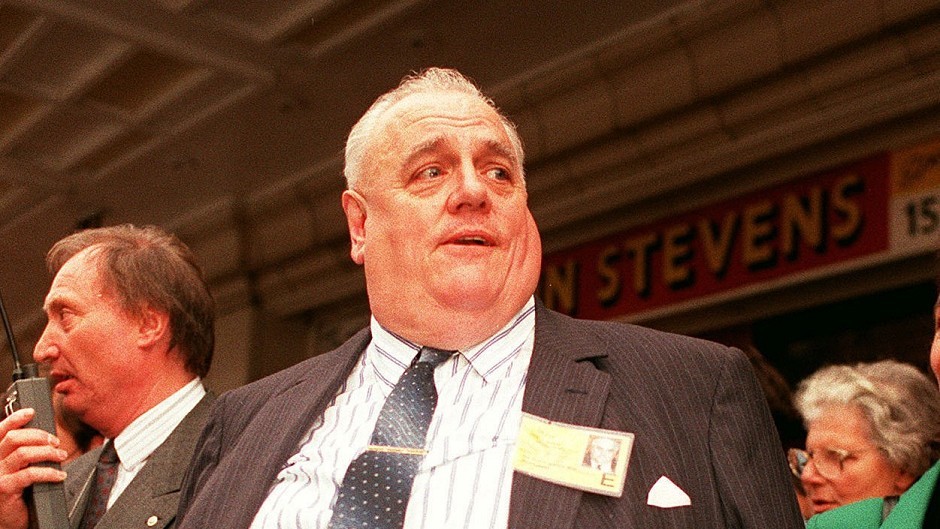An undercover police operation that had gathered compelling evidence of child abuse by a prominent MP and a member of Britain’s intelligence agencies was scrapped shortly after detectives moved in to make arrests, it was reported.
Police officers brought in Liberal MP Sir Cyril Smith during an inquiry in the early 1980s which targeted properties in south London suspected of hosting sex parties involving teenage boys, but he was released within hours of being taken to a police station, according to information received by the BBC’s Newsnight.
Officers were then ordered to hand over all of their evidence – including notebooks and video footage – and warned to keep quiet about the investigation or face prosecution under the Official Secrets Act.
It came after the police watchdog yesterday said it was investigating claims that Scotland Yard covered up child sex offences because of the involvement of MPs and police officers.
The Independent Police Complaints Commission (IPCC) said it is investigating 14 referrals with details of alleged corruption in the Metropolitan Police relating to child sex offences from the 1970s to the 2000s.
Among them is a claim that a Houses of Parliament document found at a child sex offender’s address linked a number of “highly prominent individuals” including MPs and senior police officers to a paedophile ring but no further action was taken.
Another allegation is that an abuse victim’s account was altered to omit a senior politician’s name, while it is also alleged that no further action was taken into claims of child sex abuse involving a former senior Met Police officer and “further members of the establishment including judges”.
An investigation into young men being targeted in Dolphin Square, the apartment complex popular with MPs, was also allegedly stopped because officers were “too near prominent people”, the IPCC said.
Last July Theresa May, the Home Secretary, announced a major public panel inquiry into whether paedophiles were sheltered in Government, the NHS, police, the courts and the BBC.
It has since been rocked by the resignations of two people selected to be its chair – Baroness Butler-Sloss and Fiona Woolf – following accusations that they were too close to the Establishment to be independent.
In February it was announced that the inquiry would be chaired by Justice Dame Lowell Goddard, a New Zealand High Court judge.
Newsnight said it had received the information about the Cyril Smith investigation by a former officer familiar with the original investigation and its closure.
The programme was informed of the intelligence-led operation, which it is believed began in 1981 and involved a team of undercover regional crime squad officers, including some from Yorkshire, who were based at Gilmour House – a large police headquarters in Kennington in south London.
The team targeted six or more addresses in south London, including a flat in Coronation Buildings in Lambeth – a rundown tenement block around a mile from the House of Commons.
The squad believed that boys from care homes were being provided “to order“ for sex parties. Newsnight said it had been told that during a three-month secret inquiry, officers gathered a substantial amount of evidence of men abusing boys aged around 14.
Evidence included photographs and video taken from inside a flat with a hidden camera that had been installed with the help of a caretaker.
According to an account given to the BBC, Smith was seized at a property in Streatham where he had been taking part in a sex party with teenage boys. It is understood he was taken to a police station but was released that night. A desk sergeant was reprimanded for wanting to keep him in custody.
Newsnight has also been told that the squad had evidence relating to a member of Britain’s intelligence agencies and two senior police officers.
The inquiry was abruptly shelved when the squad was called together at Gilmour House and instructed to hand over their notebooks, photographs and video footage relating to the investigation.
They were read passages from the Official Secrets Act to deter them from speaking out, according to one account. Officers were assured those who had been caught “would not be playing a role in public life any more”, but Smith continued as an MP until 1992.
